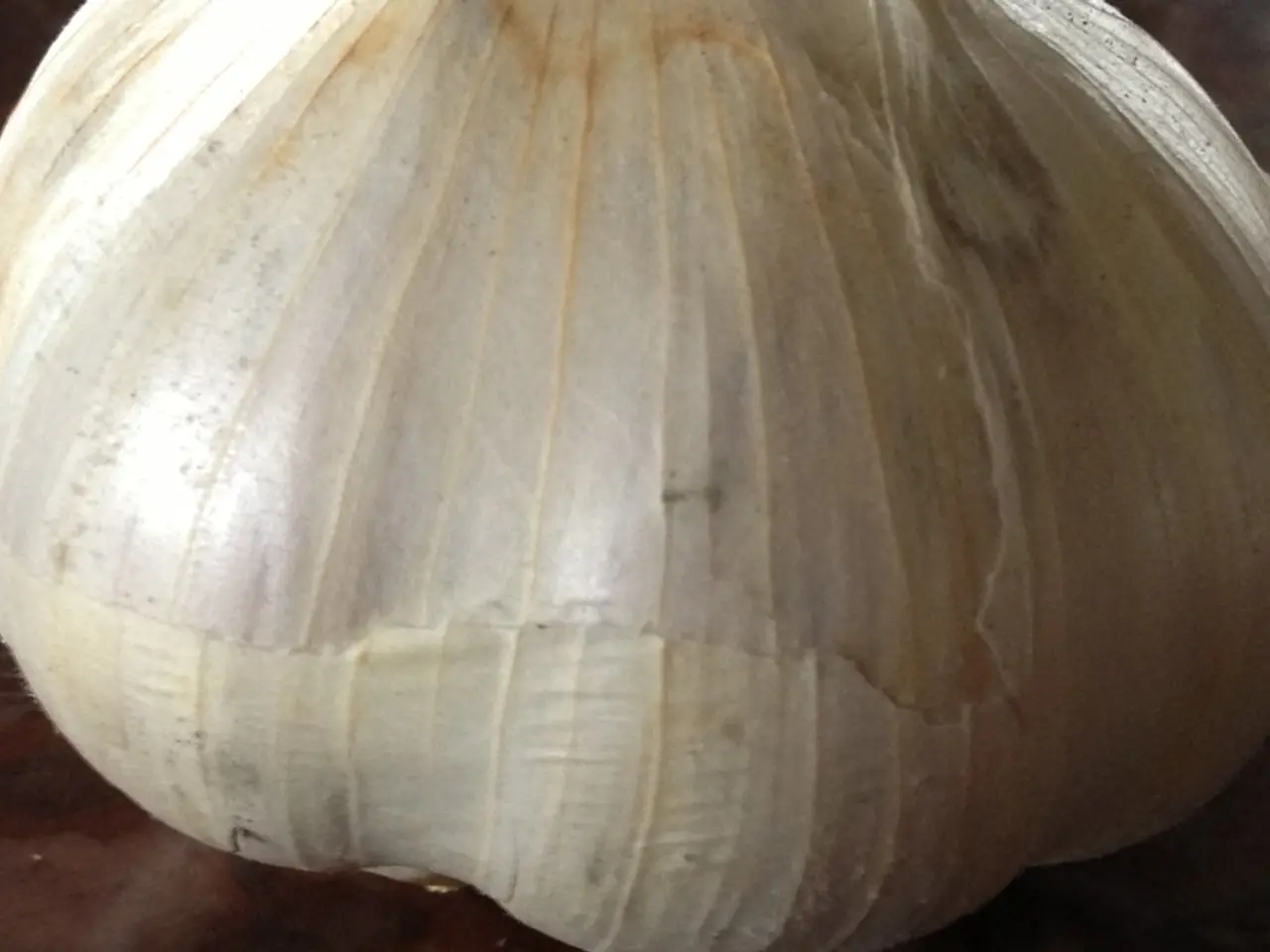Scented Sanitary Products: Harmful or Harmless?
In the realm of personal hygiene, the use of scented tampons and pads has been a popular choice for many women. However, recent research suggests that these products may pose several potential health risks.
Scented menstrual products, including douches, play on women's insecurities about their bodies, specifically the idea that vaginas are smelly. This notion is false, according to women's health specialist Sara Youngblood, CNP. The vagina is self-cleaning and washes away its own renewing cells and microorganisms, even during menstruation.
Putting a disruptive foreign body like a scented tampon into the vagina can lead to an overgrowth of bad bacteria, causing irritation, itching, infection, or an allergic reaction. Fragrances and chemical additives may cause irritation or allergic reactions for some users, although some sources report no known increased risk of reactions with scented pads or tampons.
Scented products can upset the healthy balance of Lactobacillus bacteria that protect against infections. This disruption can raise the vaginal pH, making it less acidic and more susceptible to infections such as bacterial vaginosis and yeast infections.
Scented pads and tampons often contain fragrances, phthalates, parabens, and bleach byproducts, which can be absorbed by the highly permeable vaginal and vulvar tissues. These substances have been implicated in toxin-related hormonal symptoms and irritation.
While Toxic Shock Syndrome (TSS) is primarily linked to tampon use rather than scenting specifically, it remains a rare but serious infection risk for tampon users. The use of scented tampons does not directly increase TSS, but overall caution with tampon use is advised.
If experiencing itchiness or irritation after using scented menstrual products, stop using them and wait for symptoms to clear up. If symptoms persist, seek medical help. It's essential to remember that a strong, unpleasant smell from the vagina can be a sign of a health concern like vaginitis.
To maintain vaginal health and reduce infection risk, it's advisable to avoid added chemicals like fragrance, chlorine, and titanium dioxide when shopping for menstrual products. Consider alternatives to tampons and pads, such as menstrual cups and period underwear, which are eco-friendly and wallet-friendly.
Organic fragrances are still fragrances and can cause the same problems as other types of fragrances near the vagina. Introducing chemicals and fragrance to the sensitive area of the vagina can upset its balance of bacteria and disrupt its pH levels.
It's worth noting that menstrual blood is a normal bodily function and no one can smell that a person is on their period during everyday life. The idea that the vagina is dirty and needs to be cleaned is a misconception that can lead to the use of harmful products.
In conclusion, while some disagreement exists about allergic risks, the clearest health concerns center on the disruption of the vaginal microbiome and chemical exposure when using scented menstrual products. Medical experts generally advise avoiding scented tampons and pads to maintain vaginal health and reduce infection risk.
- Scented menstrual products, such as tampons and pads, can disrupt the healthy balance of Lactobacillus bacteria in the vagina, potentially leading to bacterial vaginosis or yeast infections by raising vaginal pH levels.
- To maintain women's health and wellness, and minimize exposure to harmful chemicals, medical experts often recommend avoiding scented tampons and pads, and instead opting for eco-friendly and safer alternatives like menstrual cups and period underwear.




